Home>Garden Essentials>How Long Can Pomegranate Seeds Last In The Fridge
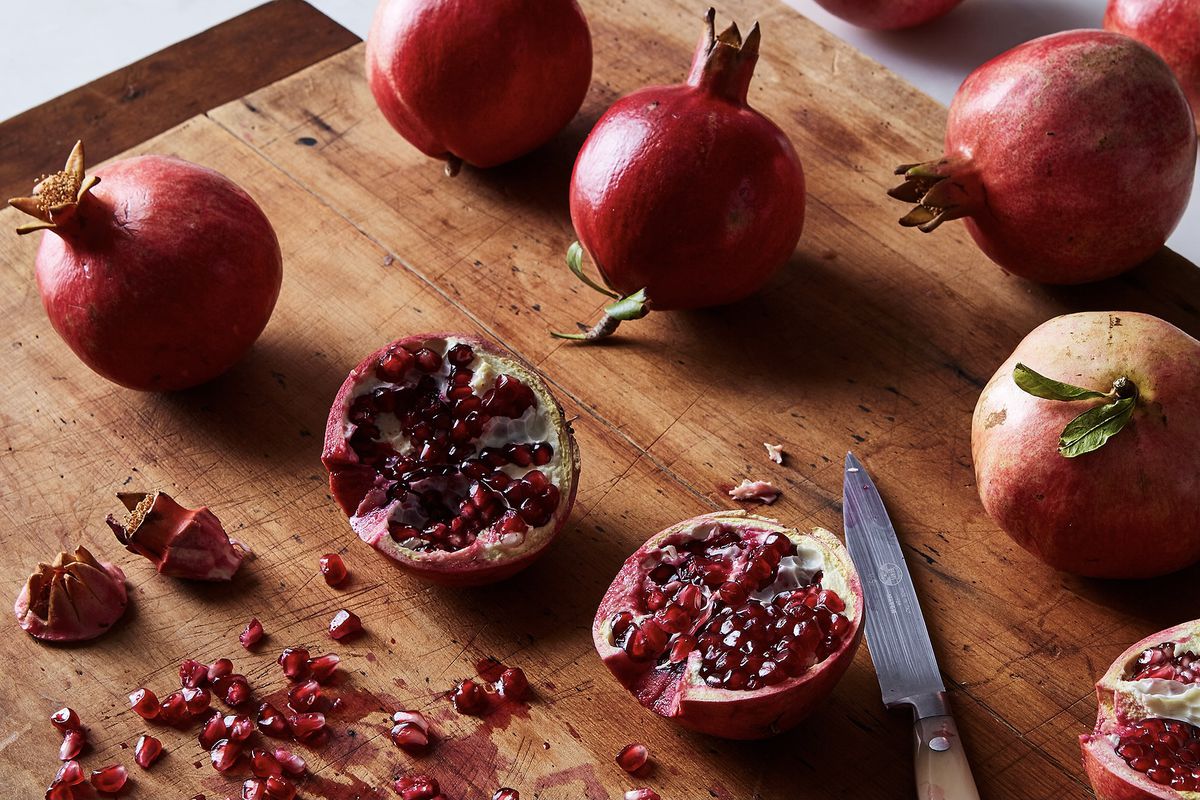

Garden Essentials
How Long Can Pomegranate Seeds Last In The Fridge
Modified: October 18, 2024
Learn how long pomegranate seeds can last in the fridge and keep your garden-fresh harvest for extended periods.
(Many of the links in this article redirect to a specific reviewed product. Your purchase of these products through affiliate links helps to generate commission for Storables.com, at no extra cost. Learn more)
Introduction
Pomegranate seeds are not only delicious but also packed with nutritional benefits. They are filled with antioxidants, vitamins, and minerals that can boost your overall health. Whether you enjoy them fresh or use them as a topping for various dishes, it’s essential to know how long you can store pomegranate seeds in the fridge.
Knowing the shelf life of pomegranate seeds can help you plan your meals and ensure that you always have the freshest produce available. Factors such as storage conditions, packaging, and quality of the fruit itself can all impact how long the seeds can last in the fridge.
In this article, we will explore the various factors that can affect the shelf life of pomegranate seeds and discuss the best practices for storing them in the fridge. We will also provide you with tips on how to identify signs of spoilage and extend the lifespan of your pomegranate seeds.
So, if you’re a fan of this vibrant and tasty fruit, read on to discover everything you need to know about storing pomegranate seeds and enjoying their freshness for as long as possible.
Key Takeaways:
- Keep pomegranate seeds fresh by storing them in the fridge for up to 1-2 weeks. Use airtight containers, keep them dry, and avoid exposure to ethylene-producing fruits for optimal freshness.
- If you have an abundance of pomegranate seeds, freeze them for up to 6 months. Remember to choose ripe fruits, store them in the fridge, and use freshly extracted seeds for the best taste and juiciness.
Factors That Affect the Shelf Life of Pomegranate Seeds
The shelf life of pomegranate seeds can be influenced by several factors. Understanding these factors can help you determine how long you can store them in the fridge before they start to deteriorate. Here are some key factors to consider:
1. Freshness of the Fruit: The quality of the pomegranate fruit itself plays a crucial role in the longevity of its seeds. Fresh, ripe pomegranates will have seeds that are plump, juicy, and vibrant in color. The fresher the fruit, the longer the seeds are likely to last.
2. Storage Conditions: Proper storage conditions are essential for preserving the freshness of pomegranate seeds. The ideal temperature for storing pomegranate seeds in the fridge is between 36 to 40 degrees Fahrenheit (2 to 4 degrees Celsius). Maintaining a consistent temperature is important to prevent spoilage and extend the shelf life.
3. Packaging: The way you package the pomegranate seeds can impact their shelf life. It is best to store pomegranate seeds in an airtight container or a resealable plastic bag. This will help keep moisture out and protect the seeds from exposure to air, which can cause them to dry out.
4. Handling: The way you handle the pomegranate seeds can also affect their shelf life. Avoid excessive squeezing or pressing on the seeds, as this can cause them to bruise and deteriorate more quickly. Handle them gently and avoid unnecessary agitation.
5. Ripeness Level: Pomegranate seeds from fully ripe fruits tend to have a longer shelf life compared to seeds from underripe fruits. The ripeness level of the fruit at the time of harvesting can impact the overall freshness and longevity of the seeds.
6. Moisture: Excess moisture can lead to the growth of mold and bacteria, which can spoil the pomegranate seeds. Ensure that the seeds are dry before storing them in the fridge and avoid exposing them to humid environments.
By considering these factors and implementing proper storage practices, you can maximize the shelf life of your pomegranate seeds and enjoy their freshness for a longer period.
Storing Pomegranate Seeds in the Fridge: Best Practices
Proper storage is key to preserving the freshness and prolonging the shelf life of pomegranate seeds. Here are some best practices to follow:
1. Clean and Dry: Start by cleaning the pomegranate seeds. Remove any excess pith or membrane and rinse them gently under running water. After washing, pat them dry with a clean paper towel to remove any moisture.
2. Choose the Right Container: Select an airtight container or a resealable plastic bag that is clean and dry. Make sure the container is large enough to accommodate the amount of pomegranate seeds you have and provides enough space for air circulation.
3. Layering: If you have a large quantity of pomegranate seeds, it is best to store them in multiple layers with a piece of parchment paper or a paper towel between each layer. This helps prevent them from sticking together and protects their integrity.
4. Label and Date: To keep track of the freshness of the pomegranate seeds, consider labeling the container or bag with the date of storage. This will help you identify how long they have been stored and when it is time to use them.
5. Position in the Fridge: Place the container or bag of pomegranate seeds in the crisp drawer or the coldest part of your refrigerator. This area typically maintains a consistent temperature and helps prolong the freshness of the seeds.
6. Avoid Excessive Exposure: Try to minimize opening the container or bag frequently, as exposure to air can cause the pomegranate seeds to dry out. Only take out the amount you need and promptly seal the container again.
7. Use Within a Week: While pomegranate seeds can last longer in the fridge, it is recommended to use them within a week for optimal flavor and texture. As time passes, the seeds may lose some of their juiciness.
8. Freezing Option: If you want to store pomegranate seeds for an extended period, you can freeze them. Place the seeds in a single layer on a baking sheet and freeze them. Once frozen, transfer them to a freezer-safe bag or container. Frozen pomegranate seeds can last up to six months.
By following these best practices, you can ensure that your pomegranate seeds stay fresh and delicious for as long as possible, allowing you to enjoy their benefits in various dishes and recipes.
Signs of Spoilage in Pomegranate Seeds
While pomegranate seeds can be stored in the fridge for a considerable period, it’s important to be able to recognize signs of spoilage to avoid consuming expired or compromised seeds. Here are some common signs that indicate the pomegranate seeds have gone bad:
1. Mold or Fungus: If you notice any growth of mold or fungus on the pomegranate seeds, it’s a clear indication of spoilage. Discoloration, fuzzy patches, or a strong musty smell are signs to watch out for.
2. Sliminess: If the texture of the pomegranate seeds feels slimy or overly sticky, it’s a clear sign that they are no longer fresh. This slimy texture is often caused by microbial growth and indicates spoilage.
3. Unpleasant Odor: Fresh pomegranate seeds have a sweet and slightly tangy aroma. However, if you notice a foul or off-putting smell, it’s a sign that the seeds have started to spoil. Trust your sense of smell; if it doesn’t smell right, it’s best to discard them.
4. Discoloration: Pomegranate seeds should have a vibrant red color. If you notice that the seeds have become dull, brownish, or discolored, it indicates that they have passed their prime and are no longer fresh.
5. Texture Changes: Fresh pomegranate seeds are plump, juicy, and have a satisfying crunch. However, if you notice that the seeds have become shriveled, mushy, or excessively soft, it’s a sign that they are no longer fresh and have started to degrade.
6. Off Flavors: If you taste the pomegranate seeds and notice any off or unpleasant flavors, it is likely a sign of spoilage. Fresh pomegranate seeds should have a sweet, tart, and refreshing taste.
7. Excessive Liquid: If there is an excessive amount of liquid or juice in the container with the pomegranate seeds, it can be an indication of spoilage. This excess liquid is often the result of breakdown and fermentation, which is a sign that the seeds are no longer fresh.
If you observe any of these signs, it is best to err on the side of caution and discard the pomegranate seeds. Consuming spoiled seeds can lead to adverse health effects, so it’s important to prioritize food safety and only consume fresh and healthy produce.
Pomegranate seeds can last in the fridge for up to 5-7 days if stored in an airtight container. Make sure to check for any signs of spoilage before consuming.
Tips for Extending the Shelf Life of Pomegranate Seeds
If you want to maximize the shelf life of your pomegranate seeds and keep them fresh for as long as possible, here are some helpful tips:
1. Choose Ripe Pomegranates: Select ripe and fresh pomegranates when purchasing them. Ripe fruits will have vibrant skin, be firm to the touch, and feel heavy for their size.
2. Store Whole Pomegranates: If you have the option, storing the whole pomegranates will help to maintain the freshness of the seeds for a longer period. The seeds stay juicier when intact within the fruit.
3. Store in the Fridge: Place the pomegranates or the already extracted seeds in the refrigerator as soon as possible after purchase or preparation. The cold temperature slows down the deterioration process.
4. Avoid Moisture: Ensure that the pomegranate seeds are dry before storing them in the fridge. Excess moisture can lead to mold growth and spoilage. Pat them dry gently after rinsing and allow them to air dry for a few minutes before storing.
5. Don’t Remove Seeds in Advance: It is advisable to remove the pomegranate seeds just before using them. This prevents the seeds from being exposed to air for an extended period, which can lead to faster spoilage.
6. Use airtight Containers: Store the pomegranate seeds in airtight containers or resealable plastic bags. This helps to protect them from exposure to air, which can dry them out and accelerate spoilage.
7. Keep Away from Ethylene-Producing Fruits: Pomegranate seeds are sensitive to ethylene gas, which is produced by certain fruits like apples, bananas, and tomatoes. Keep them away from ethylene-producing fruits to prevent premature ripening and spoilage.
8. Freeze for Long-Term Storage: If you want to store pomegranate seeds for an extended period, consider freezing them. Place the seeds in an airtight container or freezer bag, seal properly, and freeze. Frozen pomegranate seeds can last for up to six months.
9. Use Freshly Extracted Seeds: For optimal taste and quality, it is recommended to use freshly extracted pomegranate seeds within a few days. As time passes, the seeds might lose some of their juiciness and flavor.
By following these tips, you can extend the shelf life of pomegranate seeds and ensure that they remain fresh and flavorful for a longer period. Remember, proper storage practices are crucial for preserving the quality of the seeds and maximizing their shelf life.
Read more: How Long Can Heirloom Seeds Last
Frequently Asked Questions (FAQs)
Here are some common questions about storing pomegranate seeds:
1. How long can pomegranate seeds last in the fridge?
The shelf life of pomegranate seeds in the fridge can vary depending on various factors. Properly stored, they can last for about 1 to 2 weeks. However, it is recommended to use them within a week for optimal freshness.
2. Can I freeze pomegranate seeds?
Yes, you can freeze pomegranate seeds for long-term storage. Place the seeds in an airtight container or freezer bag, seal it properly, and freeze. Frozen pomegranate seeds can last for up to six months.
3. How do I know if pomegranate seeds have gone bad?
Signs of spoilage in pomegranate seeds include mold or fungus growth, sliminess, unpleasant odor, discoloration, texture changes (such as becoming mushy or shriveled), off flavors, and excessive liquid in the container.
4. Can I store pomegranate seeds without removing them from the fruit?
Yes, storing whole pomegranates can help maintain the freshness of the seeds for a longer period. Place the whole fruits in the refrigerator and remove the seeds just before using them.
5. How can I extend the shelf life of pomegranate seeds?
To extend the shelf life of pomegranate seeds, choose ripe fruit, store them in the fridge, keep them dry, use airtight containers, and avoid exposure to ethylene-producing fruits. It is also helpful to freeze the seeds if you want to store them for a longer period.
6. Can I store cut pomegranate seeds?
Yes, you can store cut pomegranate seeds in the fridge. Place the seeds in an airtight container or resealable plastic bag and refrigerate. However, they are best consumed within a few days for optimal freshness.
Remember, the quality and freshness of pomegranate seeds can vary depending on various factors, so use your judgment and sensory cues to determine their freshness before consuming.
Conclusion
Pomegranate seeds are a delightful addition to any meal, packed with nutrients and bursting with flavor. By understanding the factors that affect their shelf life and following proper storage practices, you can enjoy the freshness of pomegranate seeds for an extended period.
When storing pomegranate seeds in the fridge, ensure they are clean, dry, and placed in airtight containers or bags. Remember to keep them away from ethylene-producing fruits and refrigerate at the ideal temperature. By following these best practices, you can prolong the lifespan of your pomegranate seeds, maintaining their taste and quality.
Keep an eye out for signs of spoilage, such as mold, sliminess, unpleasant odor, discoloration, and texture changes. If you notice any of these signs, it’s best to discard the seeds to avoid foodborne illnesses.
If you find yourself with an abundance of pomegranate seeds, you can freeze them for longer-term storage. This way, you can enjoy them in various recipes throughout the year.
Remember, nothing beats the taste and nutritional value of freshly extracted pomegranate seeds. So, if possible, store the whole fruit and extract the seeds just before using them to maximize their flavor and juiciness.
Now that you’re equipped with the knowledge on how to store and extend the shelf life of pomegranate seeds, go ahead and make the most of this delicious fruit. Enjoy its tangy sweetness and reap the numerous health benefits that it offers.
So, next time you indulge in pomegranate seeds, savor every bite, knowing you’ve stored them correctly and can enjoy their exceptional taste and nutritional value.
Frequently Asked Questions about How Long Can Pomegranate Seeds Last In The Fridge
Was this page helpful?
At Storables.com, we guarantee accurate and reliable information. Our content, validated by Expert Board Contributors, is crafted following stringent Editorial Policies. We're committed to providing you with well-researched, expert-backed insights for all your informational needs.
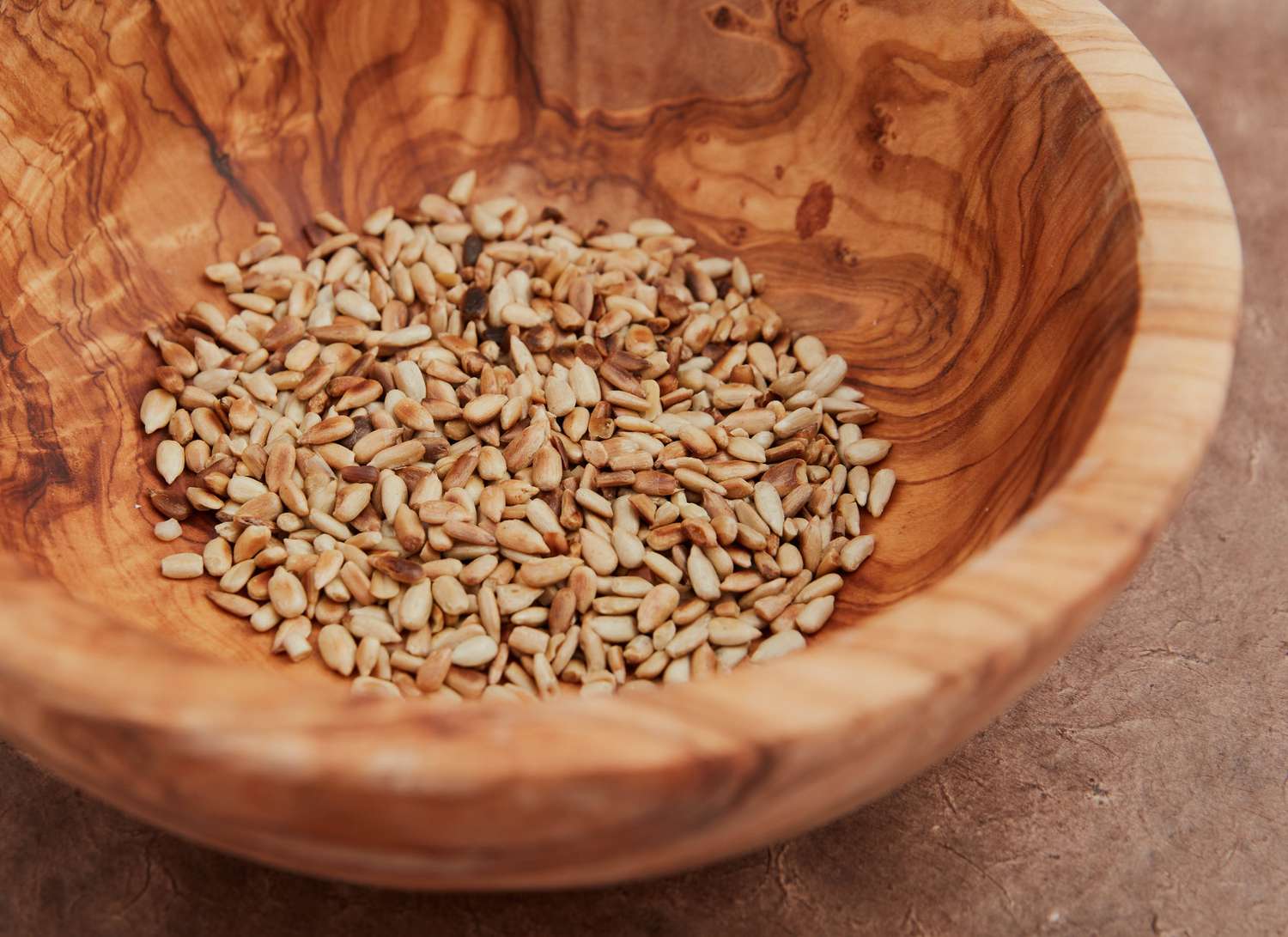
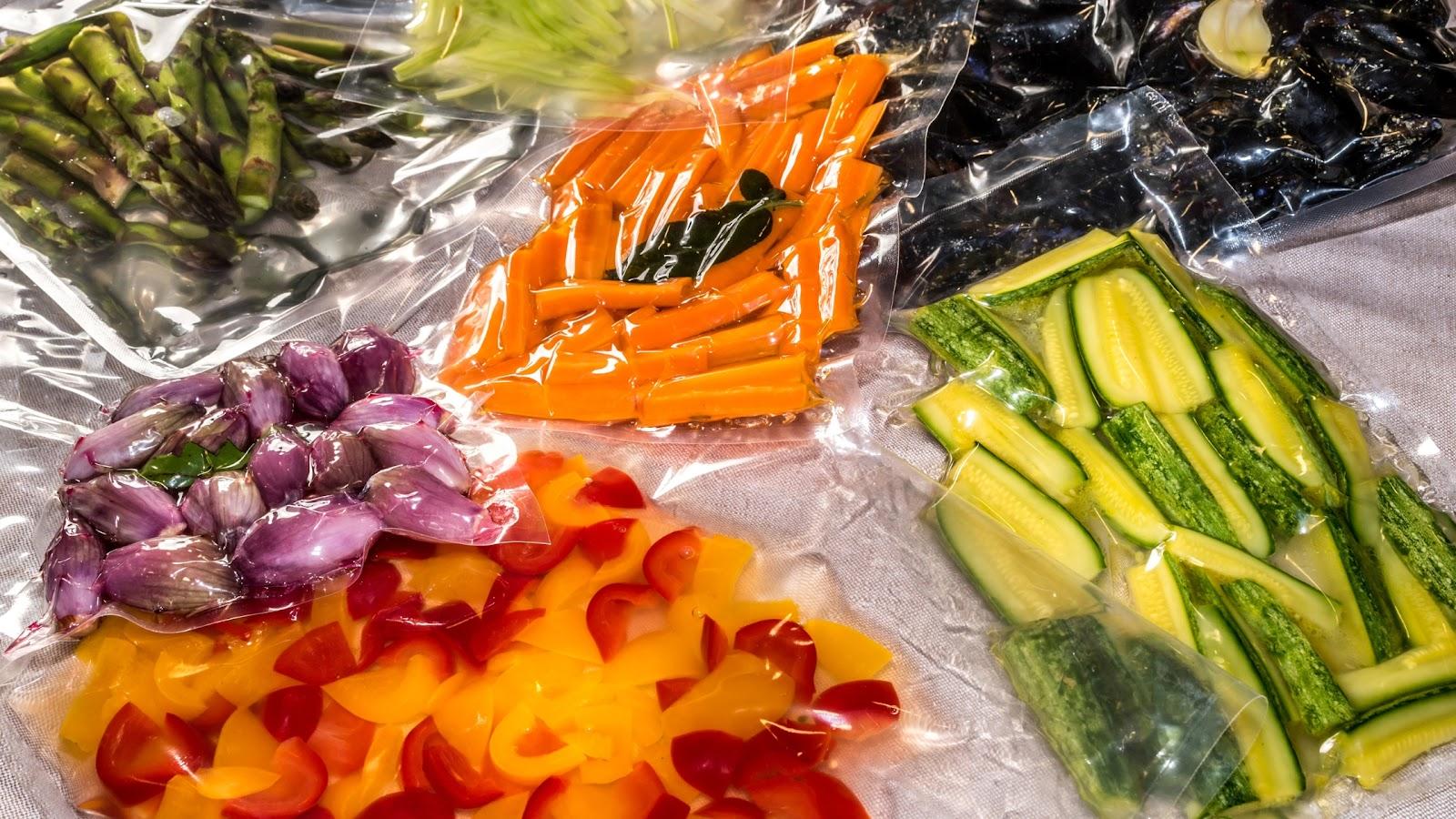
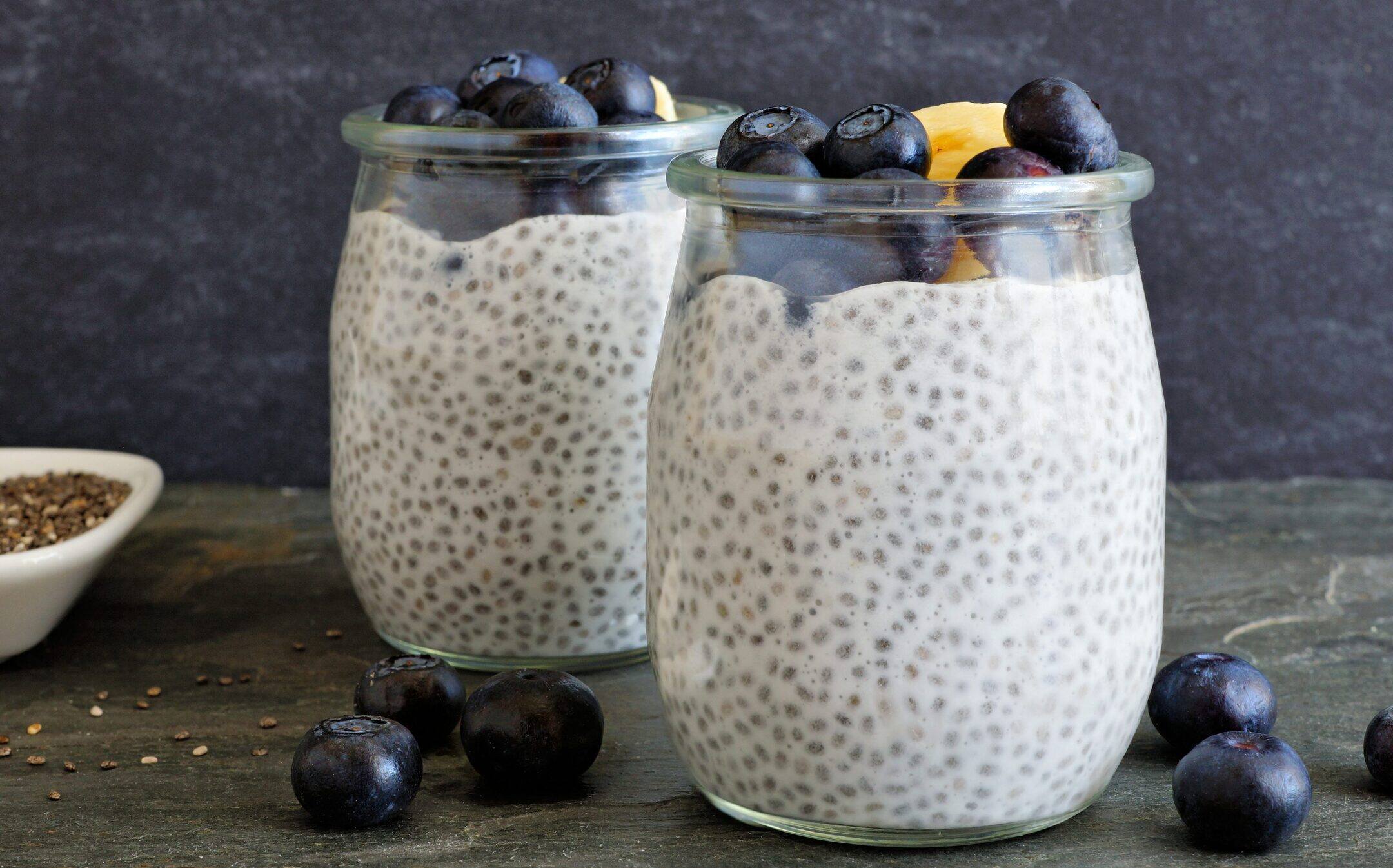

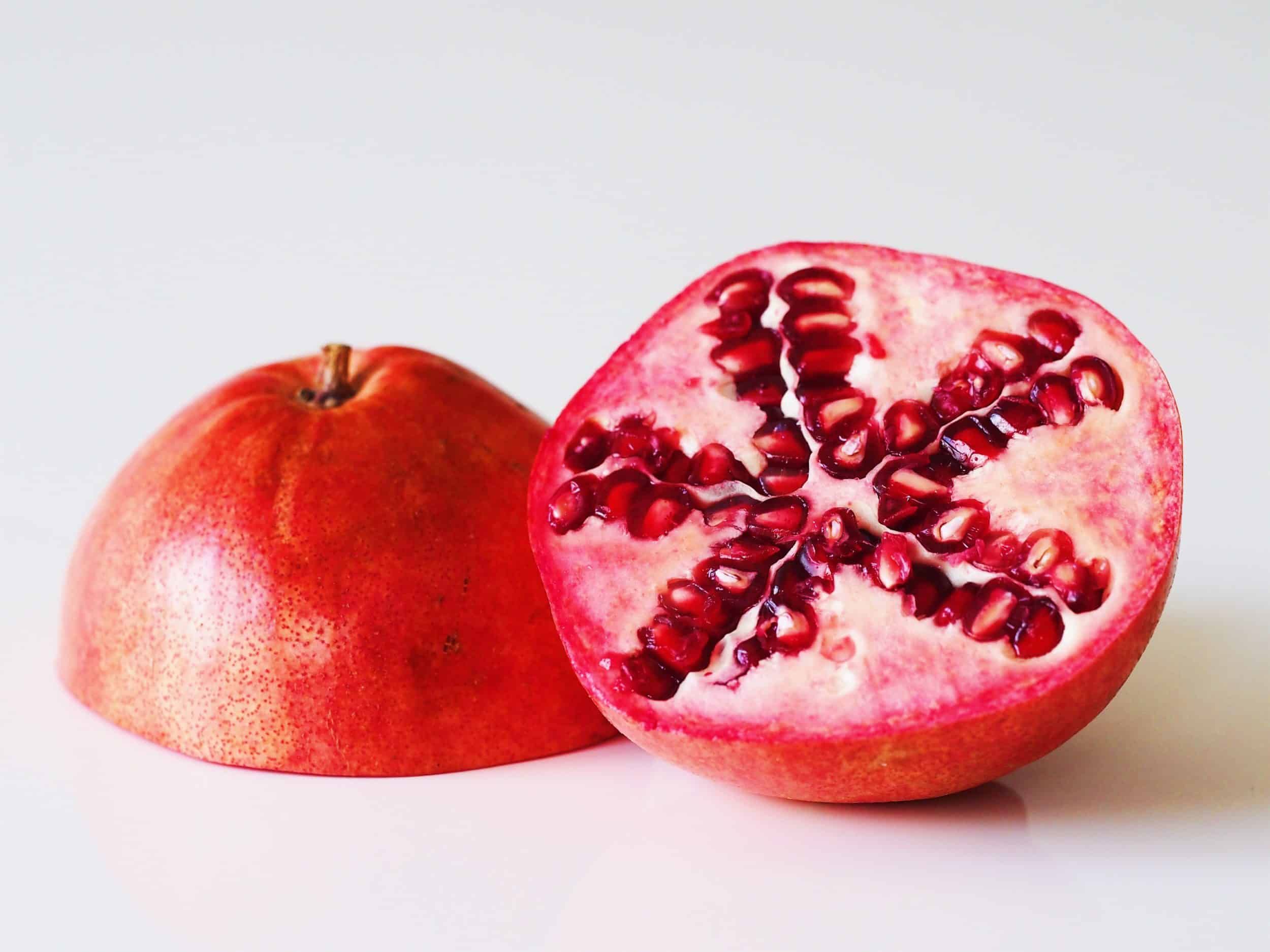
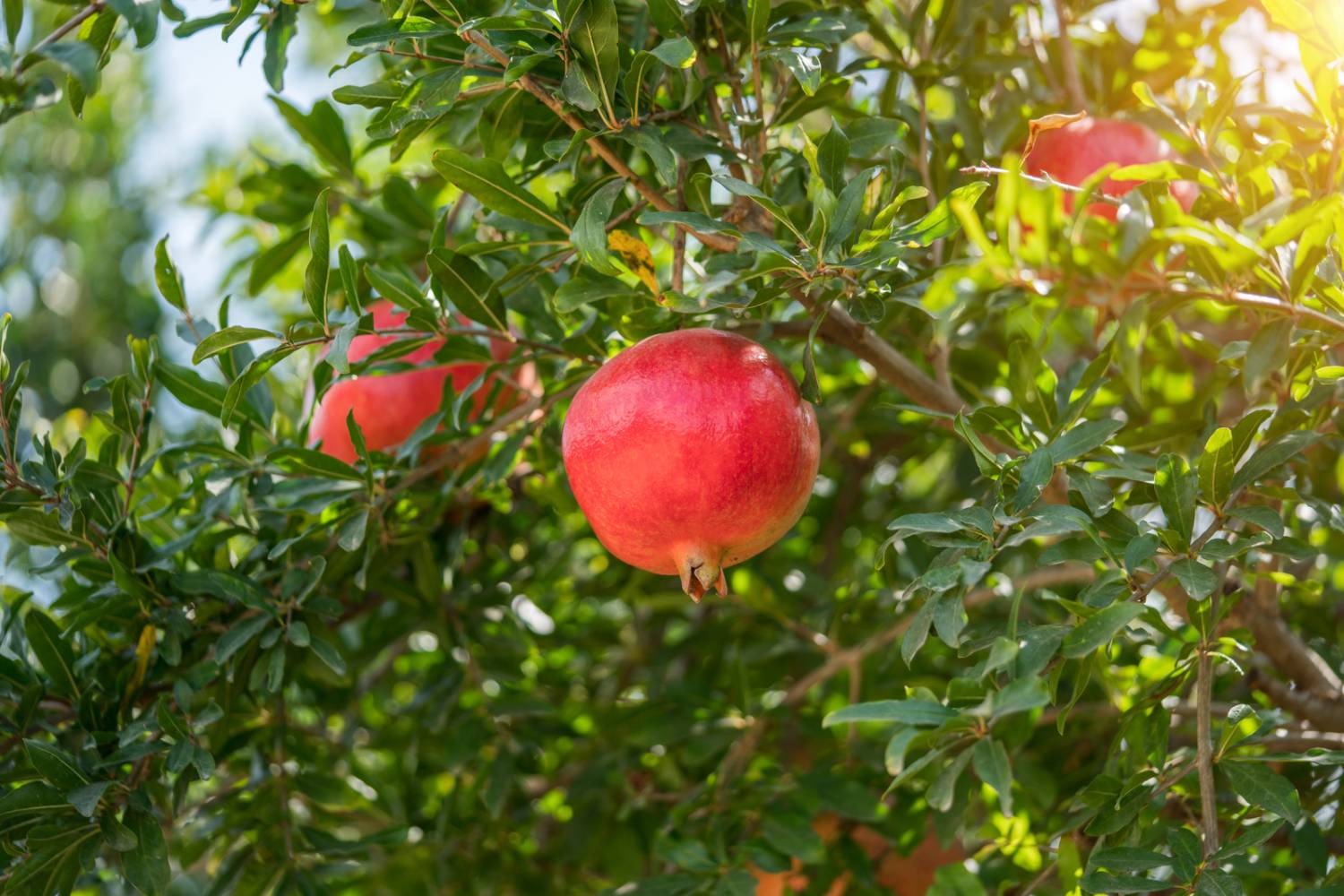
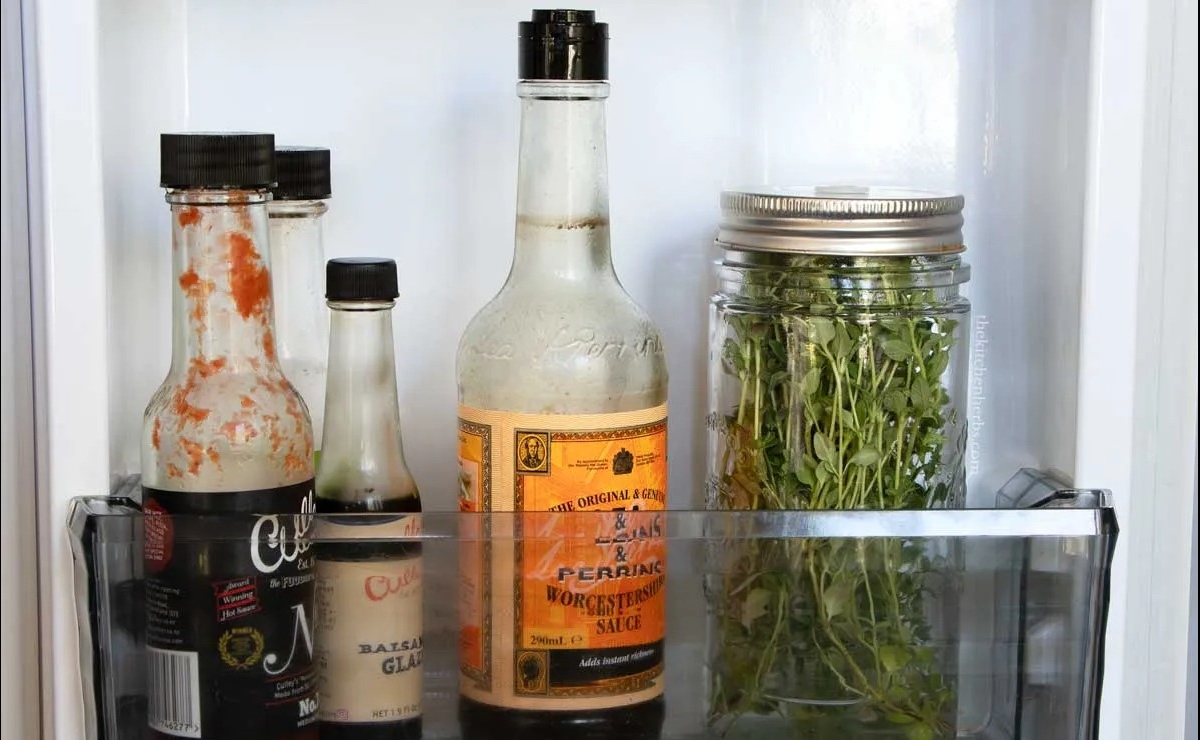
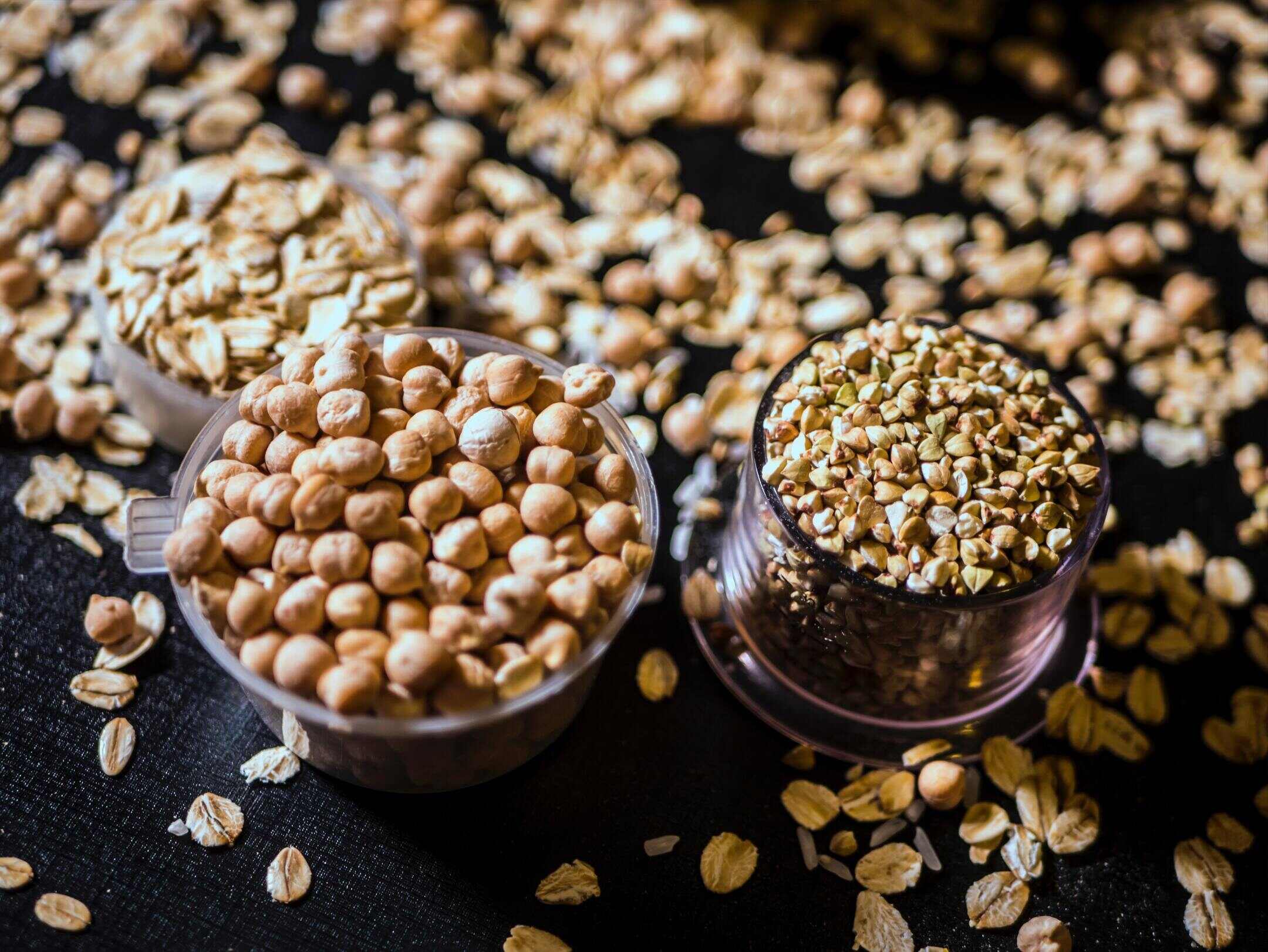
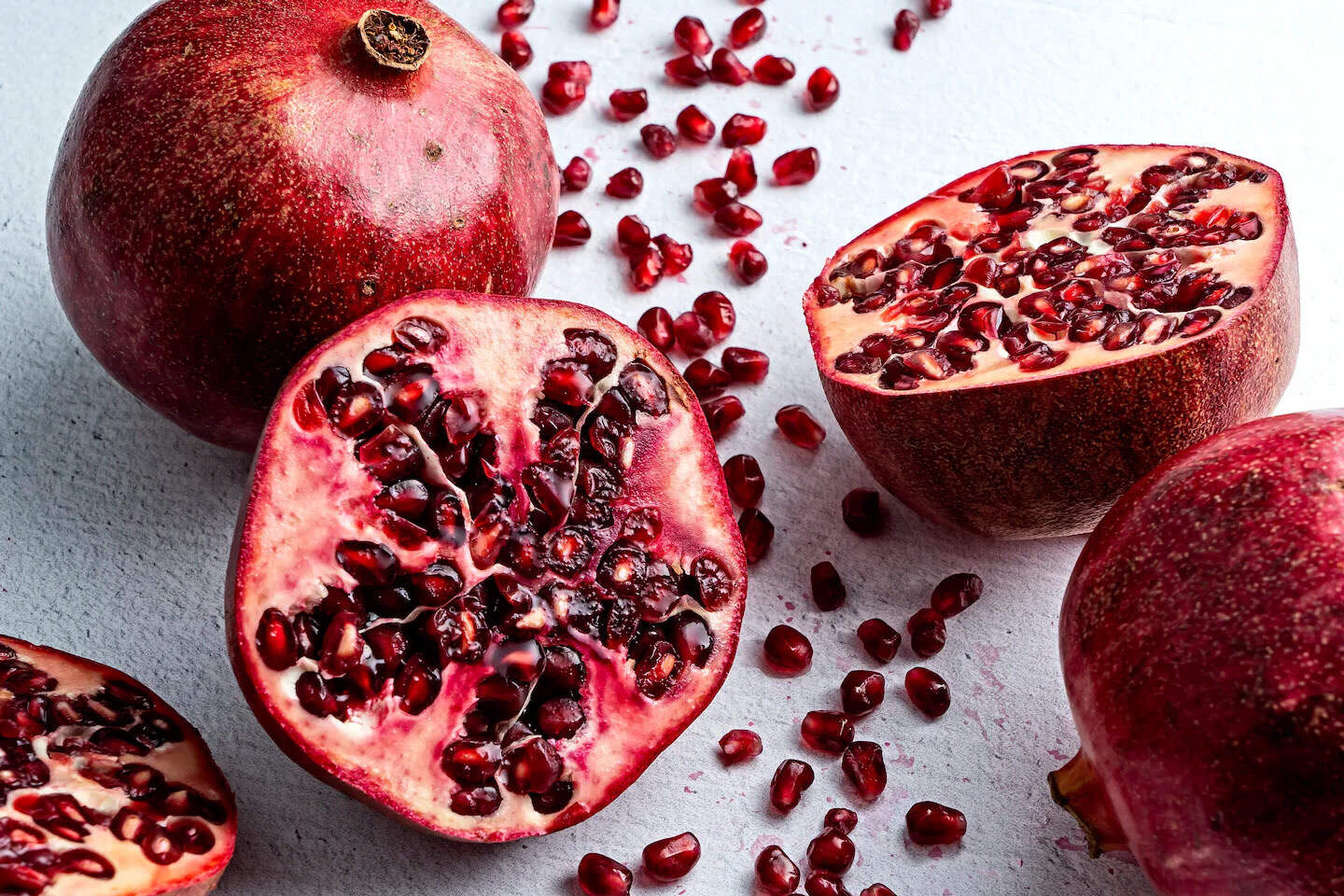
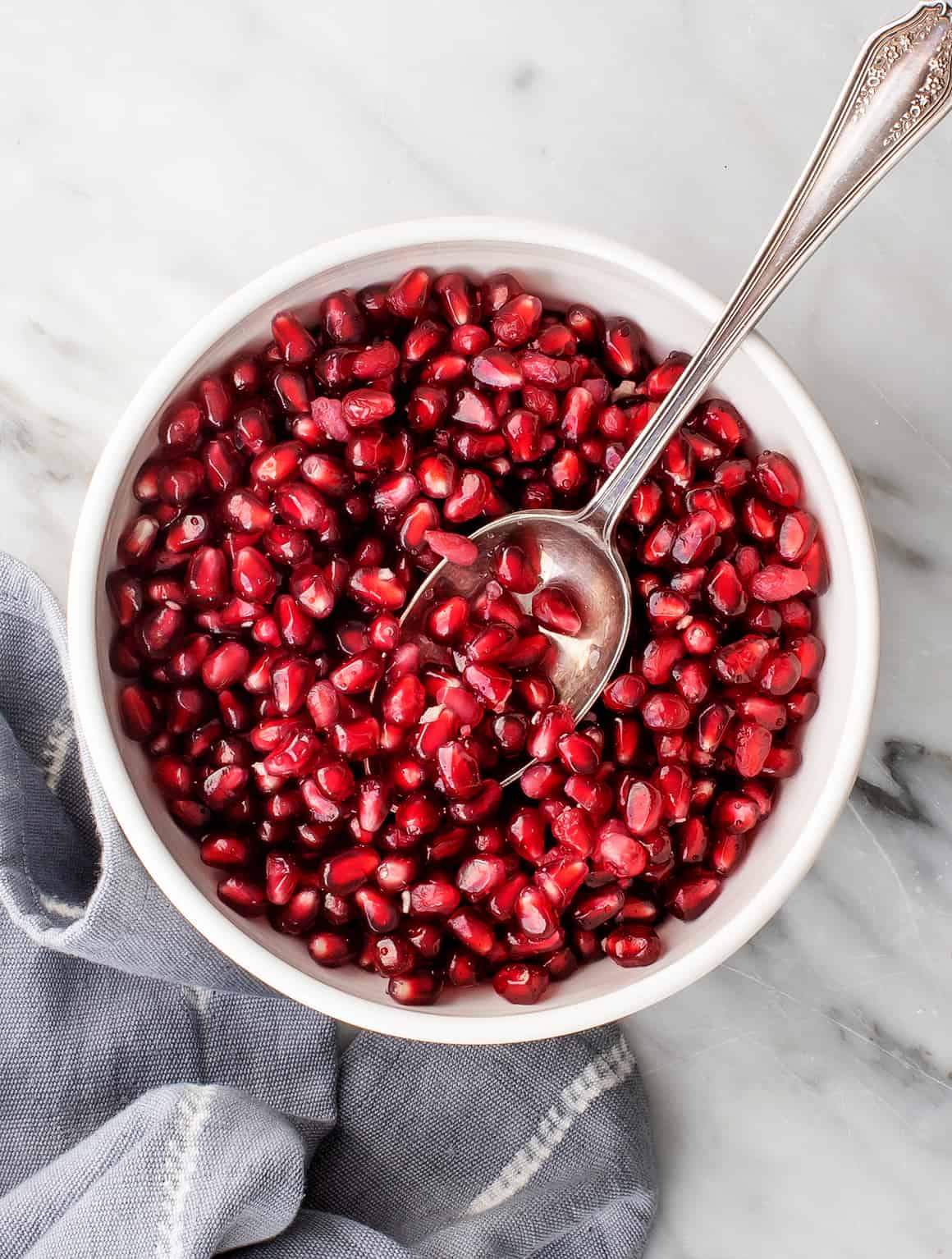
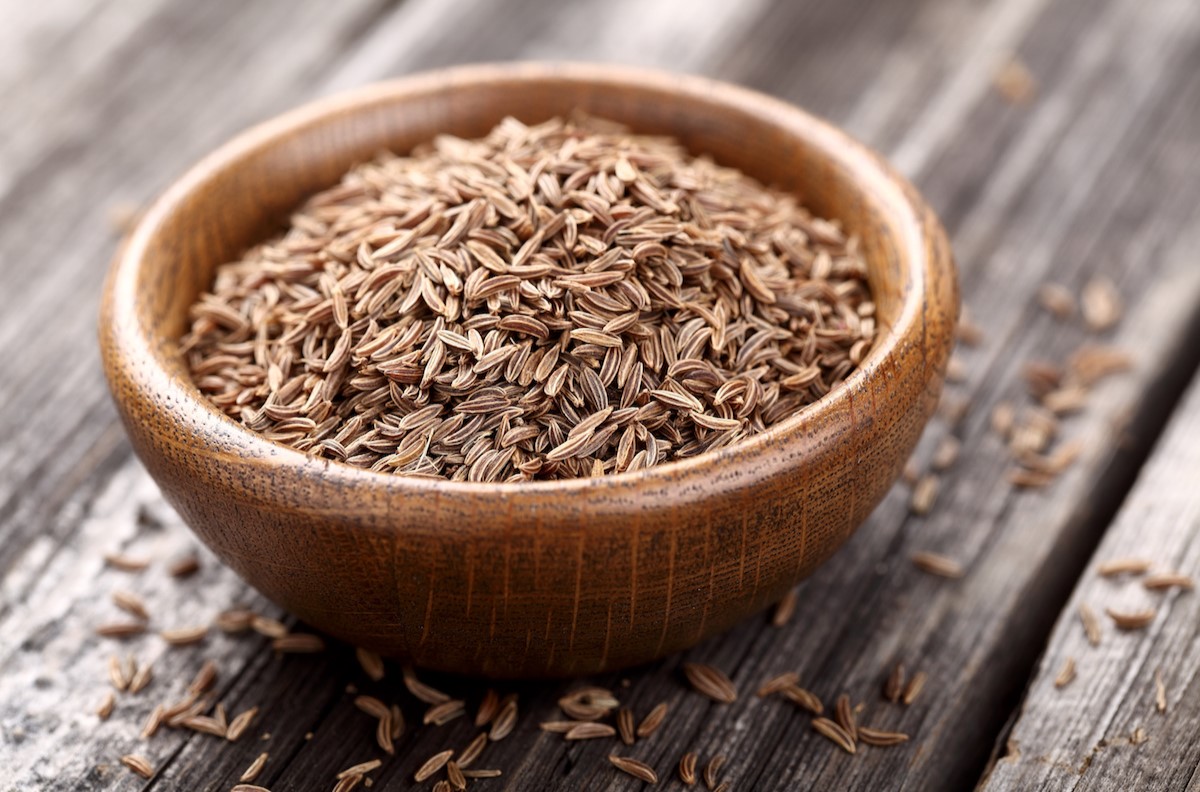

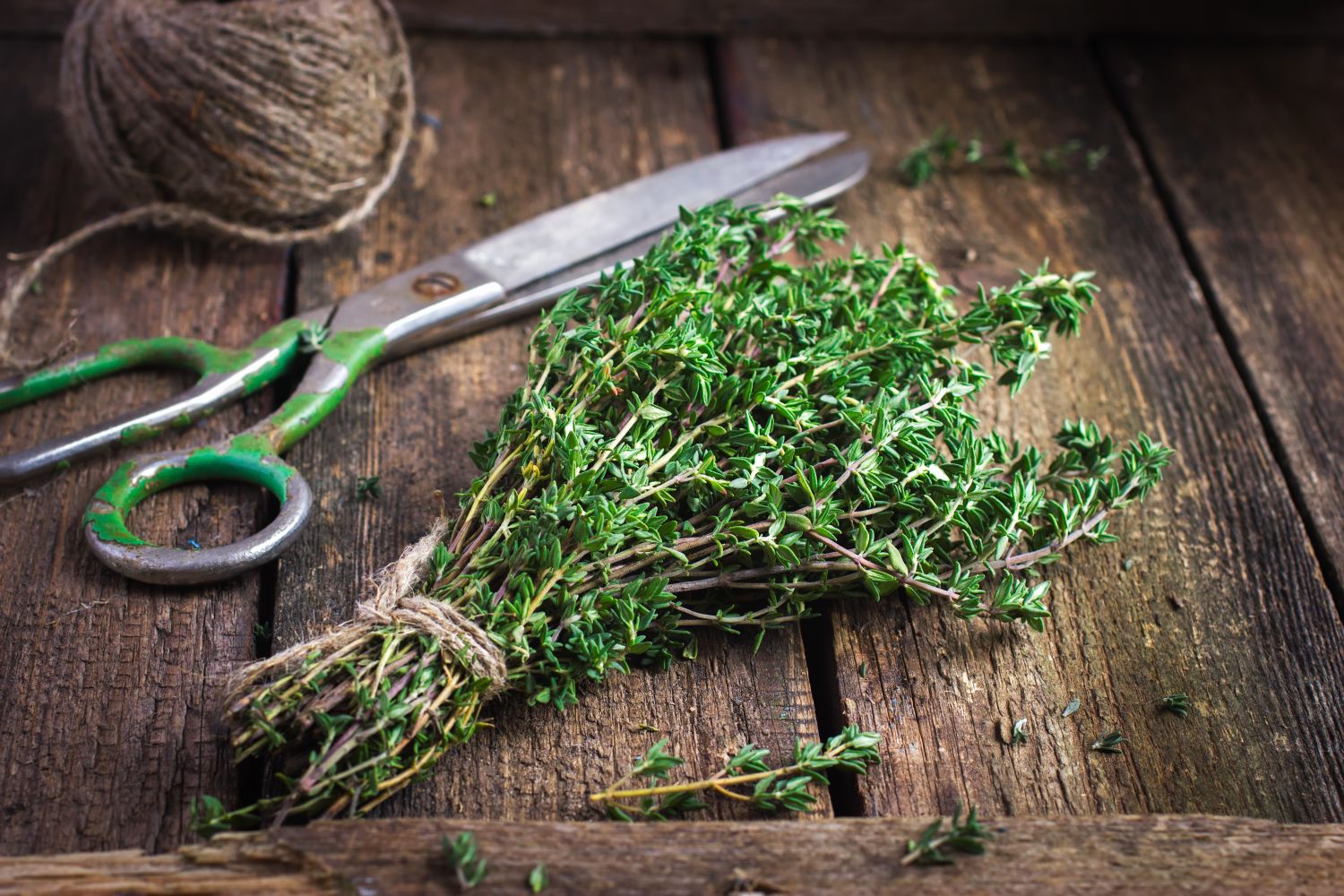
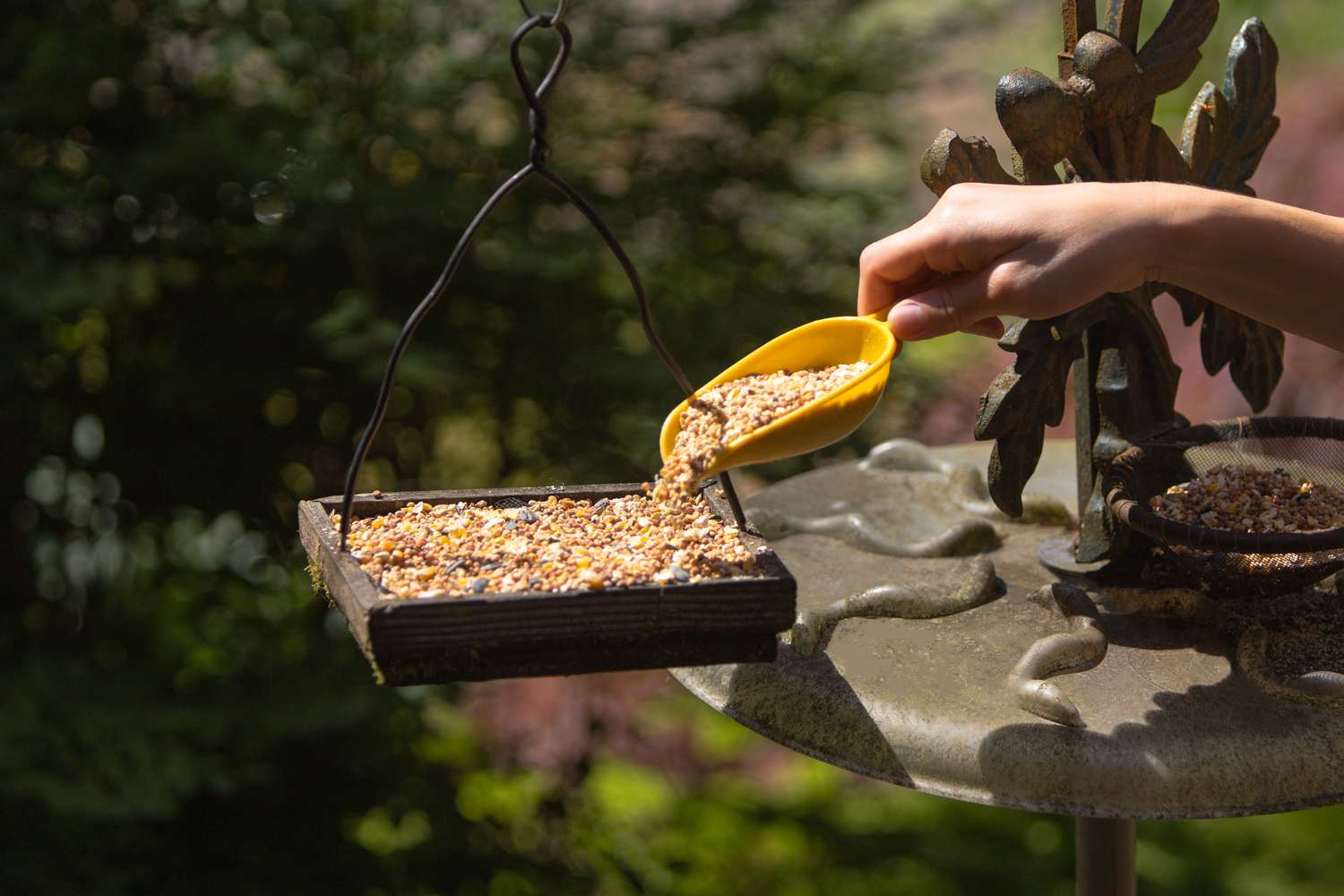

0 thoughts on “How Long Can Pomegranate Seeds Last In The Fridge”